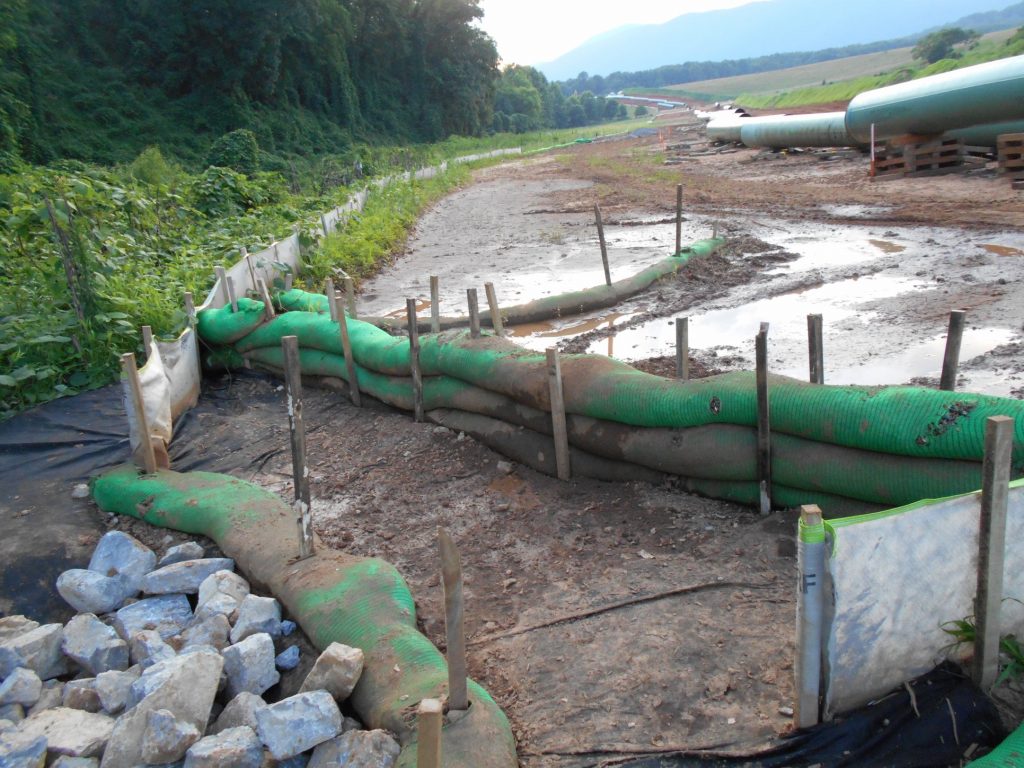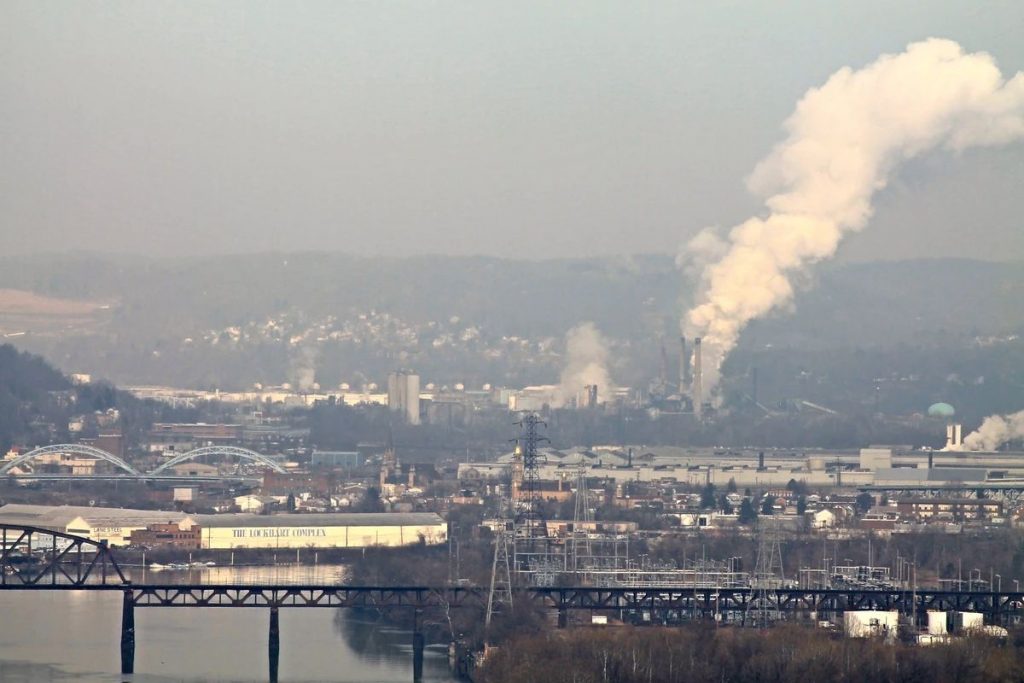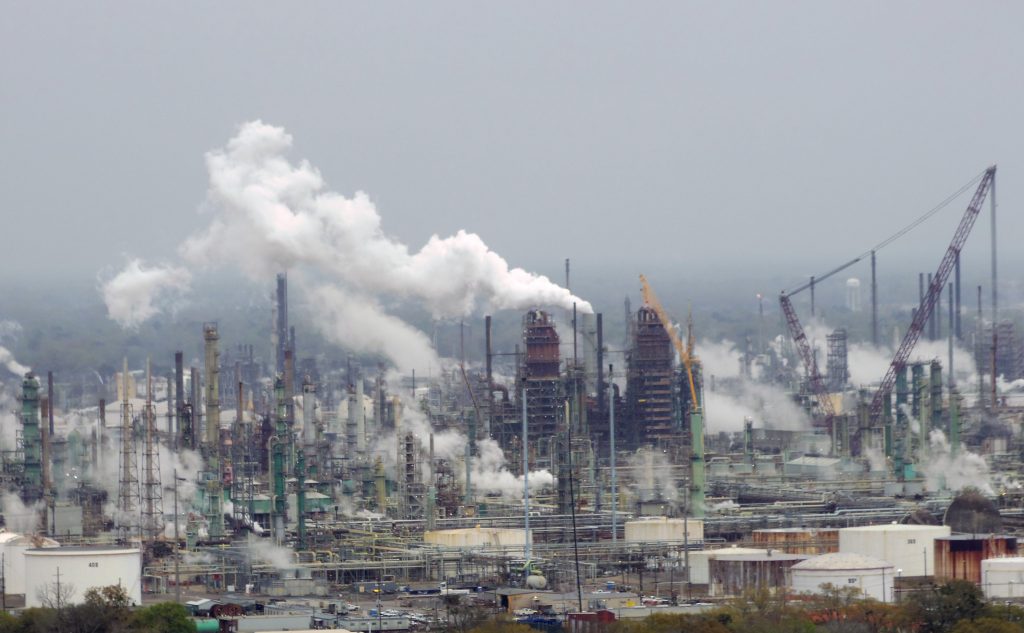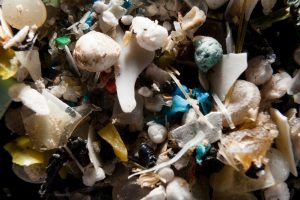“Mountain Valley Pipeline and its Southgate extension have been poorly conceived from the beginning, but today some of the communities in harm’s way can breathe easier,” said one campaigner.
By Jessica Corbett Published 12-30-2023 by Common Dreams

Frontline critics of the Mountain Valley Pipeline celebrated after Equitrans Midstream revealed Friday in a Securities and Exchange Commission filing that the distance of the proposed Southgate extension project has been cut in half.
The partially completed MVP project—long delayed by legal battles until congressional Republicans and President Joe Biden included language to fast-track it in a debt limit deal earlier this year—is set to cross 303 miles of Virginia and West Virginia.
Continue reading









